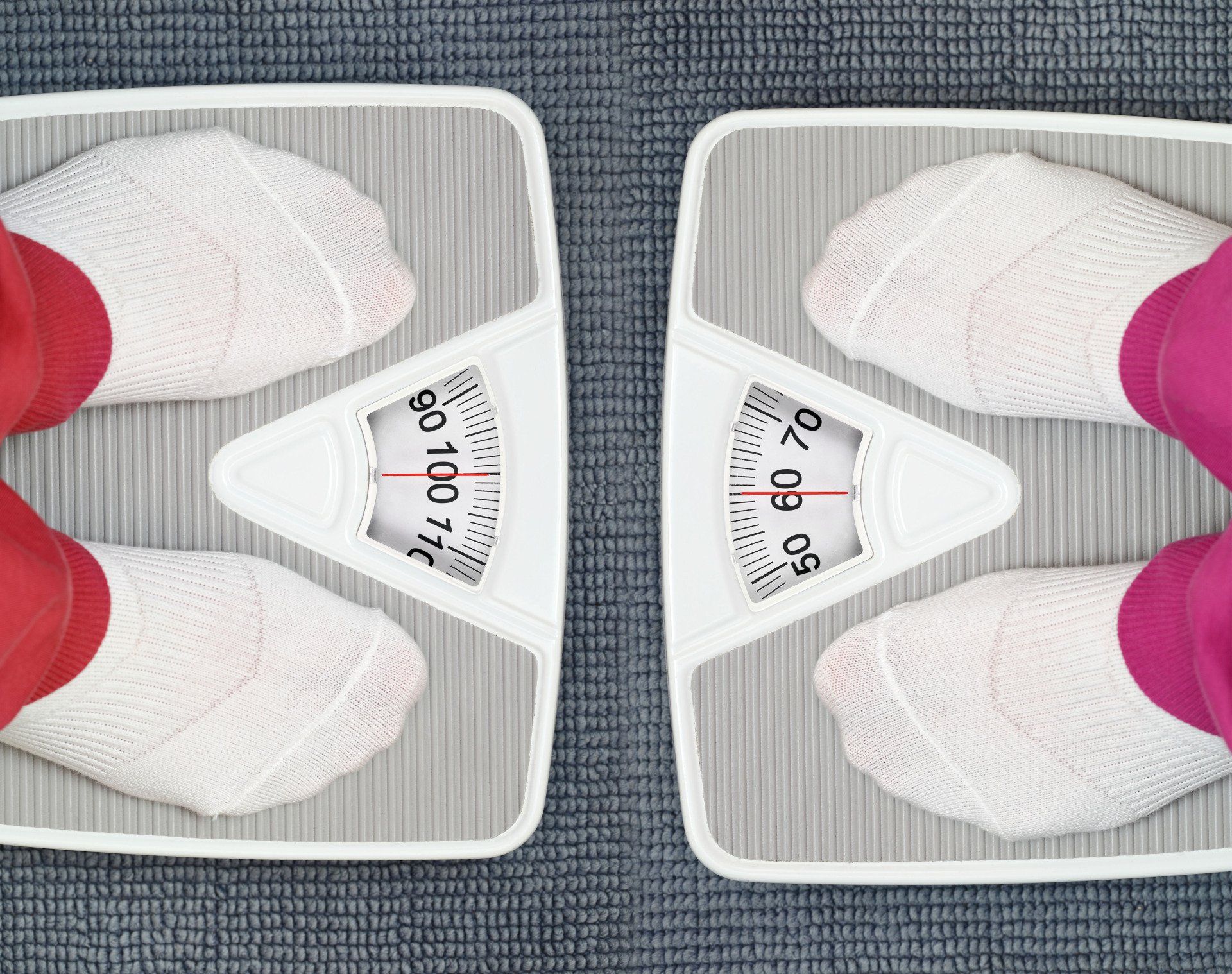SLEEP TIGHT
Sleep Tight

Studies have confirmed that those of us who get inadequate sleep are more likely to be overweight and have insufficient muscle mass.
*Sleep loss is associated with decreased metabolic activity in muscle tissue and increased activity in fat tissue, so more fat building and storage goes on when adults are sleep deprived. Researchers attribute this to hormonal changes, including the increase in the stress hormone, Cortisol. There has even been evidence that chronic sleep disruption may change gene expression to favor the creation of new fat cells. DNA coating (methylation) changes resembled patterns seen in type 2 diabetics.
*Sleep and hunger- reduced sleep alters hunger and satiety hormones, and increases a person’s preferences for foods in the processed, snack and ‘junk” categories. Individuals who sleep less than 6 hours a night had significantly greater weight gain than those who reported 7-8 hours of sleep. There was also a direct correlation with fatigue and late night snacking or poor food choices.
*Leptin (the hormone related to satiety) decreases with sleep deprivation, while the hunger hormone (ghrelin) increases. A late snack of 300-500 calories could result in a pound a week of weight gain.
*Short sleep duration has also been affiliated with hypertension, some arrhythmias, anxiety and even plaque buildup in the body’s blood vessels.
*Sleep affects everything from energy and appetite to performance, mood, memory, and decision making.
*Sleep “troubles” include insomnia, sleep apnea, restless leg syndrome, parasomnias and circadian rhythm disorders related to shift work, and aging or brain disorders. These issues should be discussed with your doctor in an effort to properly diagnosis and address sleep disorders.
*Self-help includes:
Keeping a consistent sleep schedule and getting to bed early enough to get seven hours of good rest.
Don’t nap too long or too late in the day.
If you are awake for 20 min. when you attempt sleep, then get out of bed for a time.
Limit fluid intake before bedtime and exercise regularly (but not too close to bedtime).
Turn off electronic devices at least 30 min before bedtime. Bright light can confuse the brain and interfere with the function of Melatonin.
Have a bedtime routine and use your bed for sleep or sex only. Not work or TV watching.
The bedroom should be cool, relaxing and comfortable.
Avoid alcohol or any large meals too close to bedtime and don’t consume caffeine in the late afternoon or evening.
*Sleep supplements: Ashwagandha-helps to reduce Cortisol and anxiety, Chamomile-associated with relaxation, Lavender-Aromatherapy version, Magnesium-best ingested from foods like nuts, legumes and avocados, Melatonin-may improve sleep onset or duration, and Valerian- used for mild sleep issues. The science on GABA and Kava-Kava reports ineffective or dangerous side effects. Prescription sleep medications tend to increase obesity over time but may be necessary. Talk to your healthcare professional about the safest and best supplements / medication for you.
*Getting adequate sleep is essential to good health and effective weight control.











Share On: